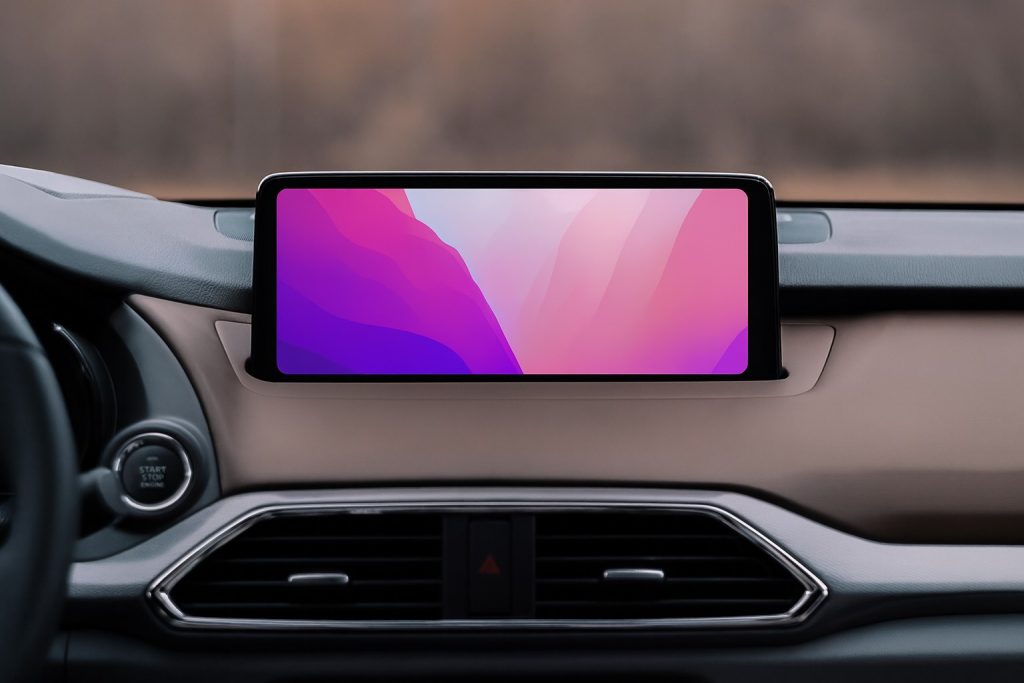
העדכון האחרון של Android Auto משבית את תכונת הבקרה המהירה – נהגים זועמים
מה קורה? הסבר על באג עדכון 15.2 באוקטובר 2025, גוגל הרחיבה את הפצת Android Auto 15.2. עדכון זה לא כלל תכונות חדשות שפורסמו למשתמשים, אך נהגים גילו במהרה שמשהו בגרסה "קלקל את תכונת הבקרות המהירות" ברכבים רבים sammyguru.com. הדיווחים הראשונים הופיעו סביב